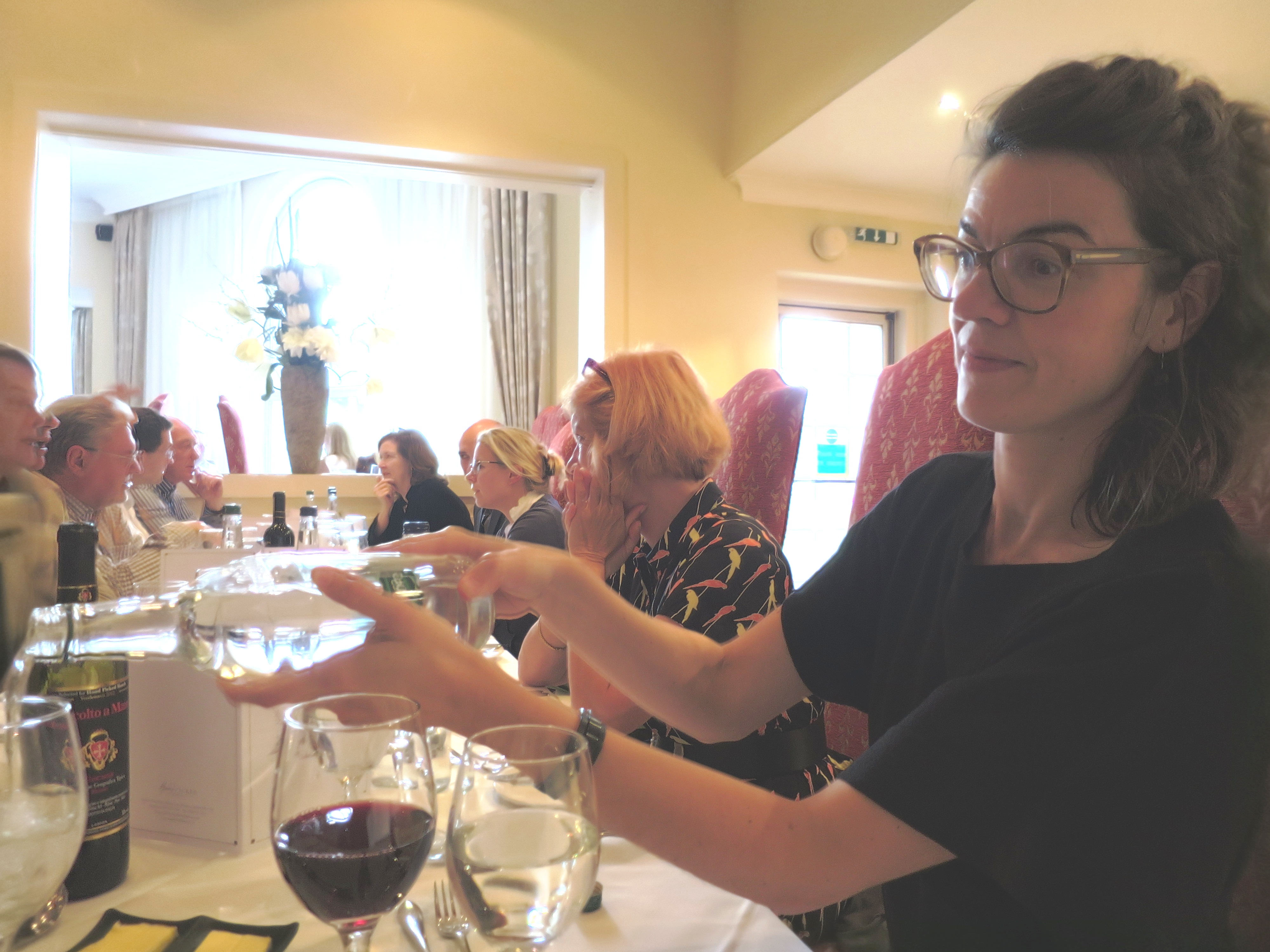Paul Gibbs
In late July, Middlesex University hosted a symposium of invited academics, thinkers and practitioners to discuss the nature of transdisciplinarity in the context of UK postgraduate higher education. Participants included Professor Nicolescu and academics from universities in the UK including Middlesex, Kings, University College London Institute of Education (UCL IOE) and Manchester, and from Australia. Topic ranged from conceptual dialogue in transdisciplinarity (Nicolescu), curriculum design (Scott), pedagogies (Nixon), anthropologic investigation (Maguire), and transversal takes from Heidegger and the Zhongyong (Gibbs) to artscience (Hawkins ), architecture (Doucet), security (Borrion), doctoral study (Costley and Pizzolato) and academic development (Davies).
Organised by Gibbs and chaired by Boud, the symposium had at its core the nature of transdisciplinarity: how it manifests itself in UK higher education and how it might be used to develop curriculum and research activities in UK postgraduate education. It opened a number of themes that were developed in the symposium. Given higher education’s involvement in the world in which we live, transdisciplinarity offers an approach to the problems we encounter in a pragmatic way: unencumbered, yet informed by, the knowledge and practices we hold as academic and practitioners. Moreover, as higher education becomes ever more accountable to its communities, institutions of higher education ought to develop ways to resolve the problems and concerns that its communities experience. Importantly, the institutions and its agents, the academics, ought to offer leadership in making our societies more sustainable and just.
To do this, higher education needs to think about the problems and discover ways to be effective in changing thinking about and acting upon new ways to conceptualise thinking about itself. It needs to do this in ways that reflect the moral and inter-generational imperatives of a just society. This is not to argue that existing models of postgraduate disciplined-based programmes do not share these values, merely that they may not be the only solution.
The symposium revealed significant, if not incommensurate, inconsistencies in ways of thinking of and about transdisciplinarity. While there was always the clarity of Nicolescu’s own thought to refocus the debate, there was sufficient concern for further meetings of an expanded group of people. What was particularly exciting about the engagement was that it itself offered a transdisciplinary engagement, harnessing both intellectual and emotional energies in a spirit of respect, seeking dynamic harmony.
The outcomes from the two-day symposium left many issues to be developed and explored, and many questions to be answered. Some of these include:
- By what authority can claims can be made relating to the construction of knowledge and how is this clarified in the context disciplinarity – units of organisation and culture, especially as concerns the insufficiency in and of disciplines. For whom is the production and what are the power issues at stake?
- What is the nature of pedagogical knowledge in relation to transdisciplinarity, and how may practice-based studies be used to illuminate transdisciplinarity?
- What are the controlling technologies of our Being, and how might these forces be recognised and engaged through thinking and methodological approaches?
- What are the impacts on curriculum design and what are the modifications required of regulations relating to assessment criteria and level descriptors?
- Raising awareness/disseminating practice in recognised UK academic publications. In this respect, a book is planned and there was encouragement to publish the papers offered.
This is not an exclusive list, and our list of papers and on-going discussion will lengthen, deepen and change these points.
The symposium provided a space and a time to explore with colleagues issues central to the development of transdisciplinarity in UK’s higher education. The openness of transdicsiplinarity as a system and its rhizomatic nature made for a stimulating, wide-ranging and enjoyable two days. Much was learnt and questioned. Evident from the group was the need to expand ideas and widen participation, and the continued desire to develop the debate.
We hope for an international conference next year! An extra word of thanks goes to Sue McGregor, who was instrumental to the realisation of the event.
The papers
Chair: David Boud
The Need for Transdisciplinarity in Higher Education – Basarab Nicolescu
Transdisciplinarity and Global Anthropology of Learning – Kate Maguire
Transdisciplinarity and the Postgraduate Curriculum – David Scott
The Primacy of the Question: Reconfiguring progressive pedagogies for postgraduate higher education – Jon Nixon
Designing Postgraduate Curricula for Transdisciplinary Fields: The case of
security and crime science – Hervé Borrion
Thinking on a Country Path with Homo sui transcendentalis: Rooting graduate enquiry and pedagogy by learning from the Zhongyong (中庸) – Paul Gibbs
Transdisciplinarity and Knowledge Production in Practice-led Doctorates – Carol Costley and Nico Pizzolato
Transdisciplinarity and the Social Responsibility of Architecture – Isabelle Doucet
Transdisciplinary Approaches to Postgraduate Research Education: Challenges and strategies –Barbara Hawkins
How Transdisciplinary Approaches and Attitudes Can Give Meaning and Enrich the Work of Early Career Academics – Carole L. Davis
About the Author
Paul Gibbs is Professor of Education Centre for Education Research and Scholarship at Middlesex University. He is interested in professional practice, higher education studies and happiness. He approach these from a transdisciplinary leans informed by Heidegger. He is specifically interested in, and has published on the notion of academic time, its consumerisation and the impact this has on a rationale for the university and compulsory education. He is currently editor for Springer Educational Thinkers and Debating Higher Education series He has published over 100 academic books and articles and holds three doctorate degrees.


